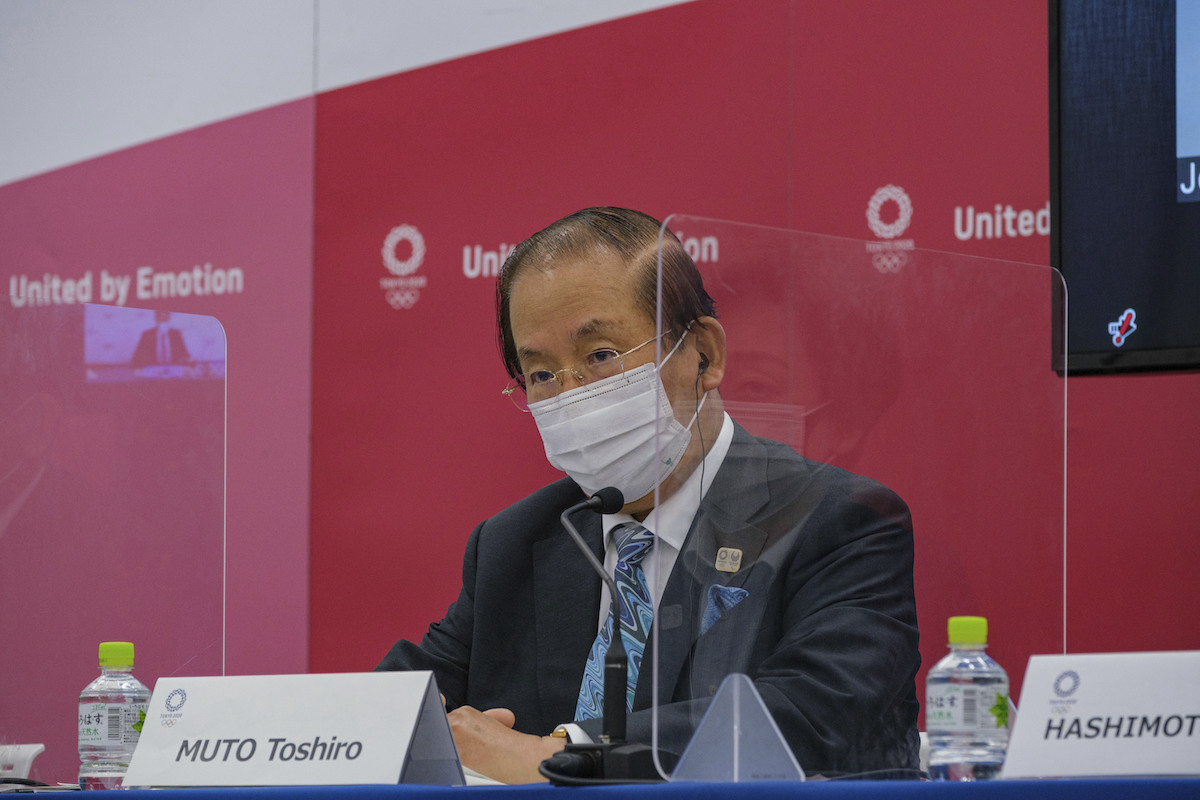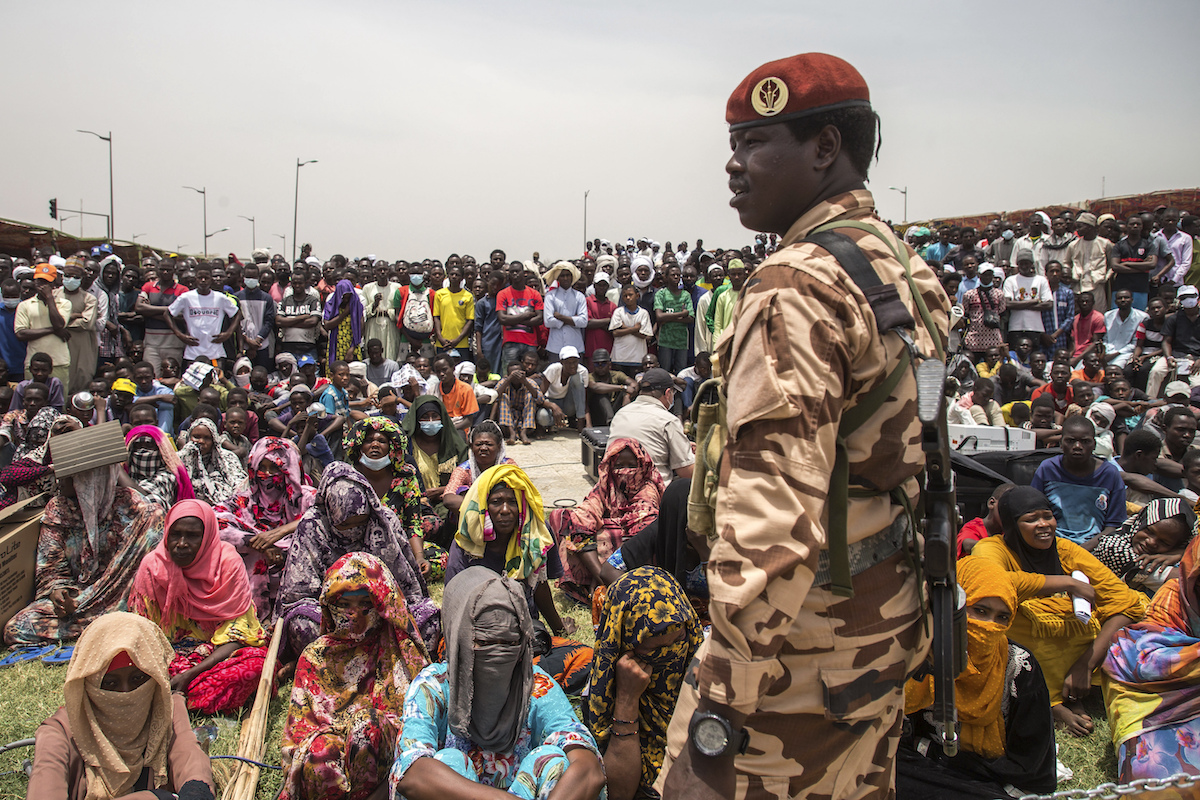May 24 New South Wales, Australia: Tasmanian devils were born on the Australian mainland for the first time in 3,000 years, according to the NGO Aussie Ark on Instagram. Born at the 988-acre Barrington Wildlife Sanctuary in New South Wales, the seven joeys were identified in their mothers’ pouches, being the size of “shelled peanuts.” “We’ve been able to historically, albeit in its infancy, return the devil to [the] mainland,” said Aussie Ark president Tim Faulkner. Tasmanian devils died out in Australia 3,000 years ago, but the predatory marsupial continued to exist on the island of Tasmania. Their population plummeted when a contagious form of cancer called Devil Facial Tumor Disease killed 90% of them. In September 2020, Aussie Ark introduced 26 Tasmanian devils back into the Australian wild, and the marsupials have successfully reproduced. The reintroduction of this native apex predator will help control the populations of feral cats and foxes that hunt endangered species, according to CNN.
May 26 Thailand: Princess Chulabhorn, the sister of Thailand’s king, bypassed government laws on Tuesday and approved a decision to import COVID-19 vaccines from China, according to Reuters. Developed by the company Sinopharm, the vaccines will be imported by the Chulabhorn Royal Academy, an institution the princess chairs. These doses will serve as “alternative vaccines,” until Thailand can produce their own “to a capacity that can sufficiently protect against outbreaks,” according to the academy’s secretary general, Nithi Mahanonda on Facebook. Only approximately 3.3% of Thailand’s population has received at least one vaccine dose in a country of 66 million people. Its government has avoided importing doses from other countries, instead opting to manufacture the vaccines domestically through a company that the king owns. Princess Chulabhorn’s decision has caught much of the government by surprise: but reception seems positive so far. “I just saw the announcement last night,” Health Minister Anutin Charnvirakul said on a local television interview. “But if it is a benefit to the country, we are ready.”
May 26 Mali: Malian President Bah N’Daw and Prime Minister Moctar Ouane resigned from office two days after being arrested by the military, according to Reuters. Their detention was orchestrated by their colleague, Vice President Colonel Assimi Goita, a military officer who has since assumed power over Mali. The three men were part of a transitional government which was formed after a coup in August 2020, led by Goita. The interim government’s goal was to restore Mali’s democratic government and hold fair, legislative and presidential elections in 2022. According to a statement read by Goita’s advisor Baba Cissé, Goita had the men removed from office because they had not consulted him on a government reshuffle, which was a violation of the cabinet’s charter. As of Tuesday, Goita’s actions have been met with international condemnation. “After the resignation of the transitional president and his prime minister, the detainees will recover their freedoms. This will be done gradually [for] obvious security reasons,” Cissé said. The Economic Community of West African States described the high-profile arrests as “an attempted power grab,” while French President Emmanuel Macron has promised to take “targeted sanctions against the people involved” if the situation remains unresolved.
May 27 Moscow, Russia: Two European planes headed to Moscow were blocked by the Russian government because they planned to avoid Belarusian airspace. The planes had been following the guidance of the European Union, which had just advised European airlines not to fly over Belarus. Belarus faced backlash this week when its authorities diverted a Lithuania-bound airplane to its capital, Minsk, claiming they had received a bomb threat. “I had to protect people, I was thinking about the country’s security,” Lukashenko said in a statement on Wednesday. Dmitry Peskov, the spokesperson for Russian President Vladimir Putin, supported Lukashenko’s decision shortly after. Upon arrival, passenger Roman Protasevich and his partner Sofia Sapega were arrested and the bomb threat was deemed implausible, according to BBC. Protasevich is a Belarusian journalist and the former Editor in Chief of Nexta, an opposition media outlet that has extensively covered the ongoing Belarusian protests against the current government.
May 29 Goma, Democratic Republic of Congo: Seismologists recorded 61 earthquakes within a 24-hour period following the eruption of Mount Nyiragongo in eastern Congo on May 22. The eruption spewed torrents of lava from a fissure in its side and killed at least 31 people and destroyed more than 900 homes and five schools in the city of Goma and its adjacent villages, officials said on Monday. DRC government spokesperson Patrick Muyaya told CNN reporters that these earthquakes are unusual and the country has “never seen this before.” The natural disaster has damaged Goma’s infrastructure, and power was only partially restored on Wednesday. “It is not known exactly how many have now left the city, but approximately 400,000 people are potentially affected by the evacuation order,” said Jens Laerke, spokesperson for the U.N. Office for the Coordination of Humanitarian Affairs. Many families have been separated in the displacement, and over 100 children have been reported missing, according to UNICEF. Due to recent data on the volcano’s seismic activity, DRC authorities believe that Mount Nyiragongo could erupt again.







Organisations like NGOs actually play so very exceptional as well as so very outstanding part in our very society where people actually pay no attention toward these social causes. Thankfulness to you all NGOs.